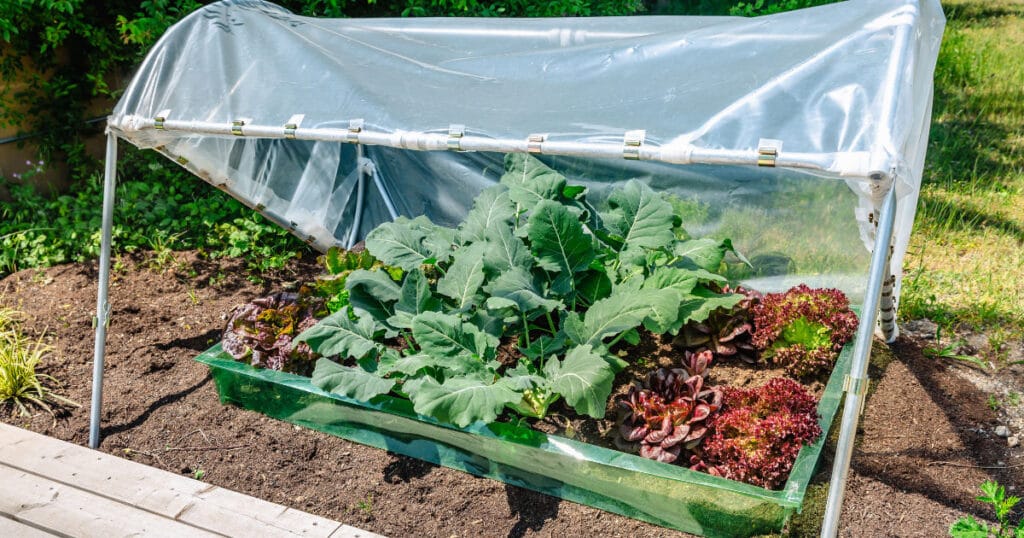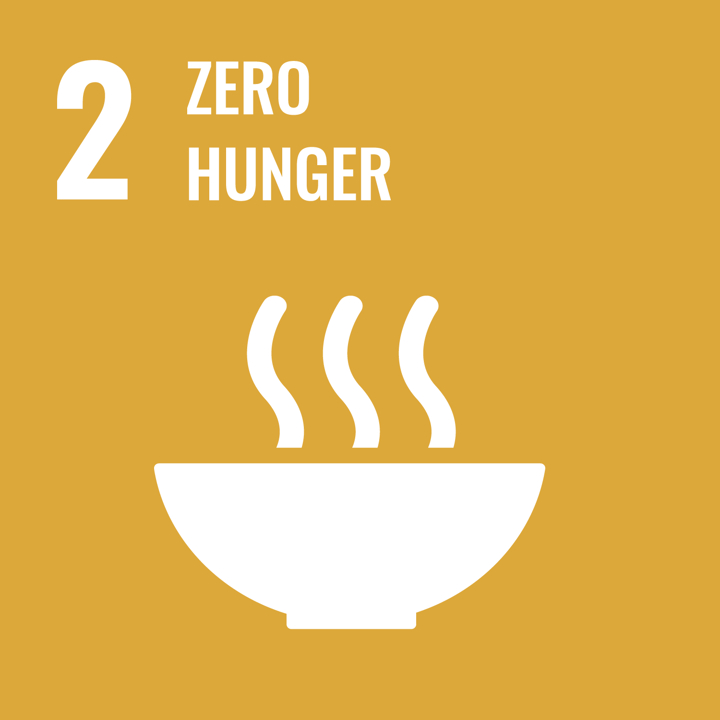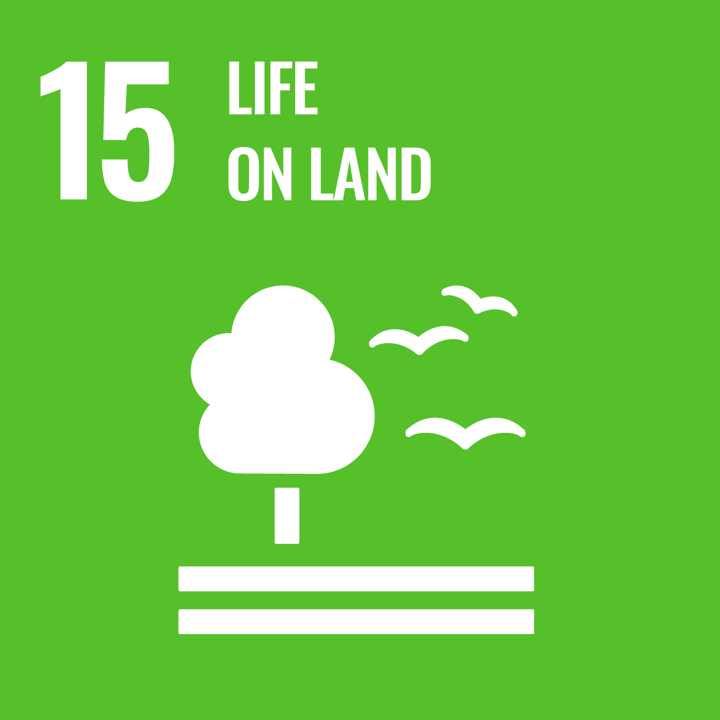
Intended End User: Teacher
Age Group: Upper Primary; Lower Secondary
School Curriculum: Science; Social, Physical & Health Education; Social & Environment Science; Applied Science
Themes and Topics: Energy Use and Production; Behaviour & Lifestyle; Collective Action; Environmental Change; Futures Thinking; Food and Agriculture; Information & Knowledge; Citizenship; Pedagogy Approaches
Duration: Approximately 10 hours and 50 minutes, divided into 7 learning units.
Type of Resource: Experiment, Lesson Plans, Project
Keywords: Composting; food production; sustainability; environmental science; agricultural practices
Languages: English, Dutch, Swedish, Portuguese, Greek, Hebrew, Polish, Romanian, Spanish
Description
“From Seed to Compost: Circulation of Matter in Nature” is an educational resource designed for students aged 9 and above. It aims to deepen their understanding of the food production process, the significance of composting, and the role of sustainable practices in agriculture. Through seven structured learning units, students investigate the origins of their food, the impact of food transportation on ecosystems, the composting process, and the essentials of setting up a successful school garden. The program emphasizes hands-on activities, critical thinking, and real-world problem-solving skills related to environmental education.
How to use this resource
Educators can integrate this resource into their curriculum to address topics related to environmental science, health education, and sustainability. The lesson plans are designed to facilitate interactive classroom discussions, hands-on experiments, and community-based projects. Teachers are encouraged to adapt the materials to their local context and the specific needs of their students, promoting active engagement and practical understanding of food production and waste management issues.
The resources
Learning Outcomes (Teachers)
- Elicit prior knowledge and further develop knowledge and comprehension of key Sustainability Citizenship key concepts, challenging established worldviews and values.
- Apply a range of suitable tools and frameworks to promote student Sustainability Citizenship
- Collaboratively synthesise the knowledge, tools and frameworks to create educational materials and lessons plans adapted to their own local context
- Through workshop activities and communities of practice, build capacity and agency as Sustainability Citizenship educators and leaders.
Green Competencies
- Embodying Sustainable Values: Valuing Sustainability; Supporting Fairness; Promoting Nature
- Embracing Complexity in Sustainability: Systems Thinking; Critical Thinking; Problem Framing
- Envisioning Sustainable Futures: Adaptability; Exploratory Thinking
- Acting for Sustainability: Collective Action; Individual Initiative
Creative Commons

”From Seed to Compost: Circulation of Matter in Nature” by Copernicus Science Center is licensed under a Creative Commons Attribution-ShareAlike 4.0 International License.
SDGs





